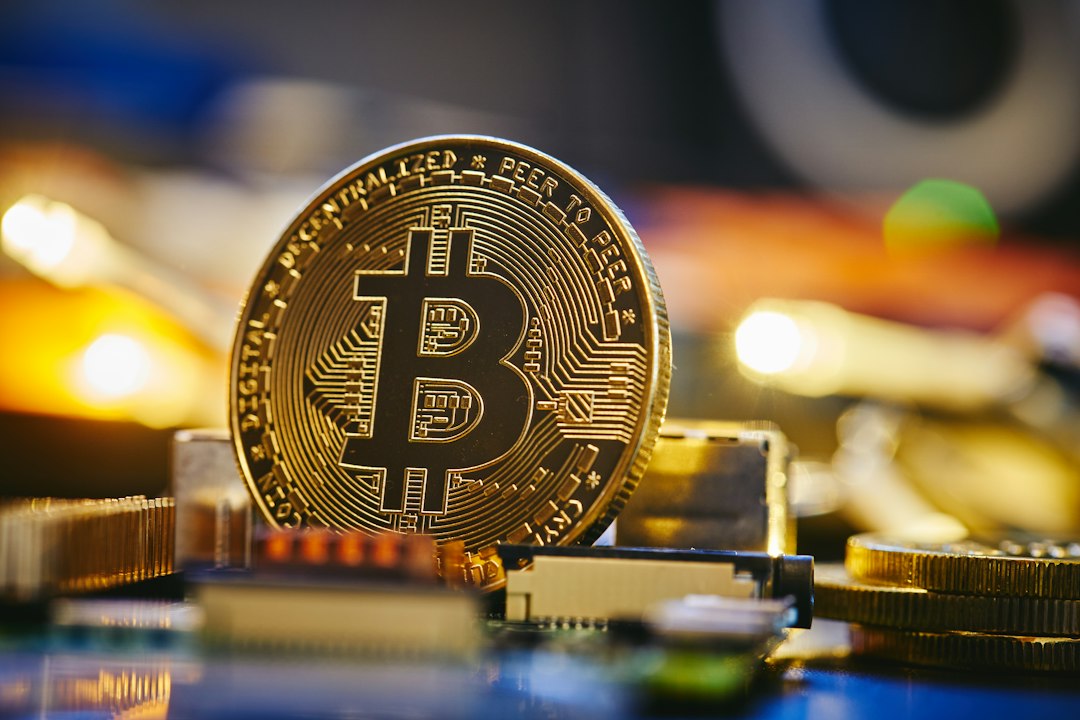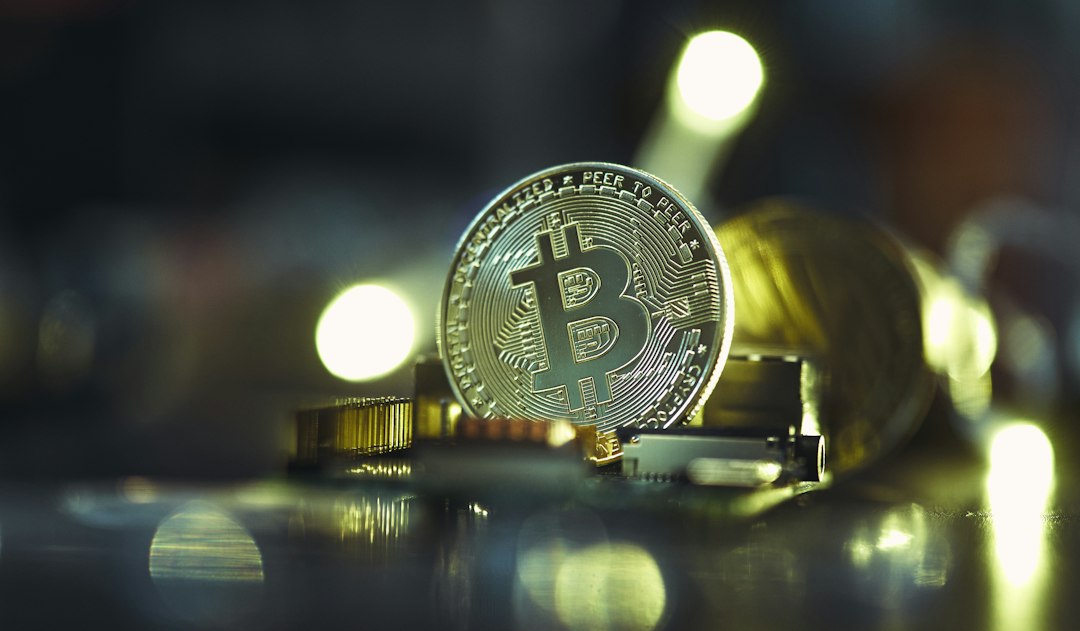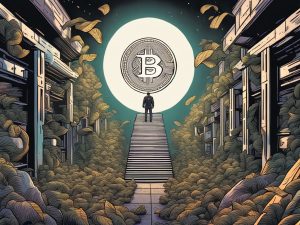Bitcoin Community Responds to LK-99’s Alleged Superconductivity and Possible Implications
Scientists have published a paper claiming to have discovered a room-temperature superconductor called LK-99. If validated, this superconductor could revolutionize technology and sustainability. Superconductors can transmit electricity without losses, but so far, they have only been practical at extremely low temperatures. LK-99 could change that, potentially impacting various industries such as computers, quantum computing, AI, healthcare, and transportation. However, experts remain skeptical and further testing is needed to validate the claims. Despite this, the discovery has sparked debate in the cryptocurrency community regarding the implications for Bitcoin. Some believe that quantum computers powered by superconductors could crack Bitcoin’s cryptography, while others argue that the threat is exaggerated. The future of LK-99 is uncertain, but the research itself could lead to valuable insights.
Main Breakdowns:
- Scientists claim to have discovered a room-temperature superconductor called LK-99
- If validated, LK-99 could revolutionize various industries
- Experts remain skeptical and further testing is needed
- The discovery has sparked debate in the cryptocurrency community
- The future of LK-99 is uncertain, but the research itself has value
Hot Take 🌶️
The notion that LK-99 poses a threat to Bitcoin’s cryptography seems exaggerated for a discovery that has yet to be validated and peer-reviewed. Even if it were to reach that stage, the journey to mass production and commercialization could take over a decade. While LK-99 has the potential to revolutionize technology, it is important to maintain a balanced approach of skepticism and optimism. The research alone could provide valuable insights, regardless of the outcome of LK-99. The impact on Bitcoin’s cryptography remains uncertain, and further exploration is needed.





 By
By
 By
By
 By
By
 By
By
 By
By
 By
By